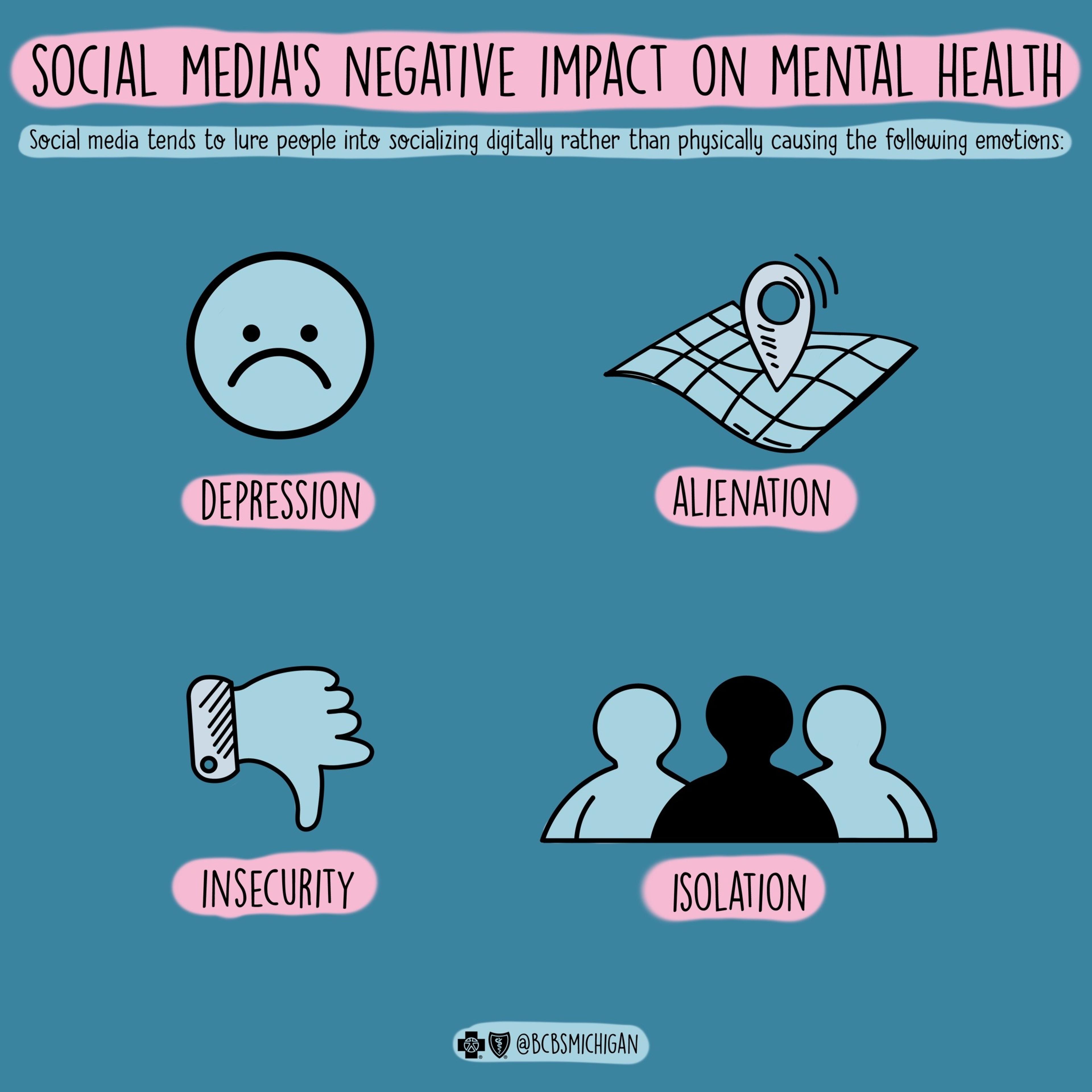Constantly Scrolling Social Media? Here’s why you Should Take a Break
Jake Newby
| 4 min read

We may not even realize we’re doing it when it happens. We sit on the couch or lie down in bed and bounce from app to app, digesting all the latest news, current event takes, fashion trends, silly short videos, and celebrity drama to hit our social media feeds since we last opened our phones. Minutes, sometimes hours, are gone by the time we finally climb out of that content-crammed rabbit hole. A decade or so ago, many of us leaned on social media scrolling to pass time while waiting in the doctor’s office or to be seated at a restaurant. Now it seems to have become more of a hobby than a stopgap to a lot of younger adults. The addiction center labels social media addiction as a form of behavioral addiction, comparing it to substance use disorders. By engaging in social media, according to the addiction center, many people experience modifications of the mood, salience, tolerance, and even withdrawal symptoms, such as experiencing unpleasant physical and emotional symptoms when social media use is restricted, or an app is down. Studies have found that mindless social media scrolling is associated with depression in young adults.

What is “doomscrolling?”
A relatively new term, “doomscrolling” is considered a form compulsion that occurs when someone continuously scrolls through negative news articles or social media posts, essentially seeking out one negative piece of content after another. Mental health professionals say the anxious habit could stem from a form of confirmation bias; if we feel sad or hopeless, we may seek out information that mirrors those negative feelings and confirms how we are feeling. In a short time, this habit of overconsumption has led to more anxiousness and more scrolling, according to new studies.
Can too much social media can impact mental health?
In the spring of 2020, a study conducted among 6,000 people found a correlation between COVID-19 related-media exposure and the severity of anxiety. For a generation of people already susceptible to ample amounts of screen time, the development of “doomscrolling,” has been harsh to our mental states. Other research has found that frequent social media usage can often make us feel discontent and unhappy with our own lives. We browse through Twitter or TikTok feeds full of seemingly flawless celebrities or Internet personalities and we sometimes feel jealous or inferior based on the way they flaunt their looks, homes, wealth, and lifestyles. According to the addiction center, “constantly comparing oneself to others can lead to feelings of self-consciousness or a need for perfectionism and order, which often manifests as social anxiety disorder.” Then there is “FoMo.” The National Center for Health Research describes “FoMo,” known as “fear of missing out,” as an anxiety-based feeling rooted in missing out on experiences. This can occur, for example, when you scroll through Instagram one afternoon and see photos from a brunch outing you weren’t invited to join. Since social connectivity is at the fulcrum of social media use, that vulnerable feeling that comes from being excluded can lead to negative emotion.
Tips to prevent prolonged social media scrolling
Excessive social media browsing can be subconscious for some of us. Give these tips a try if you’d like to make a concerted effort to cut down on screen time.
- Set a “cut-off time” before bed in which you put your phone down for good that day.
- Turn notifications off, at least for stretches of the day.
- If you don’t also use your personal phone for work, try putting it on Airplane mode during much of your workday to avoid distractions. As we continue working from home, we may be more tempted than ever to scroll social media during down times.
- Try using an alarm clock instead of your phone’s alarm clock. Tapping a button on your phone every morning to stop your alarm can be a natural segue to start scrolling.
- Seek out positivity when you do scroll. Look through family photos, find cute animal content, or read an uplifting story.
More from MIBluesPerspectives:
- Should You Be Turning to TikTok for Health Advice?
- How Traumatic Events Affect our Feelings of Safety
- Does ASMR Work?
Photo credit: Getty Images





